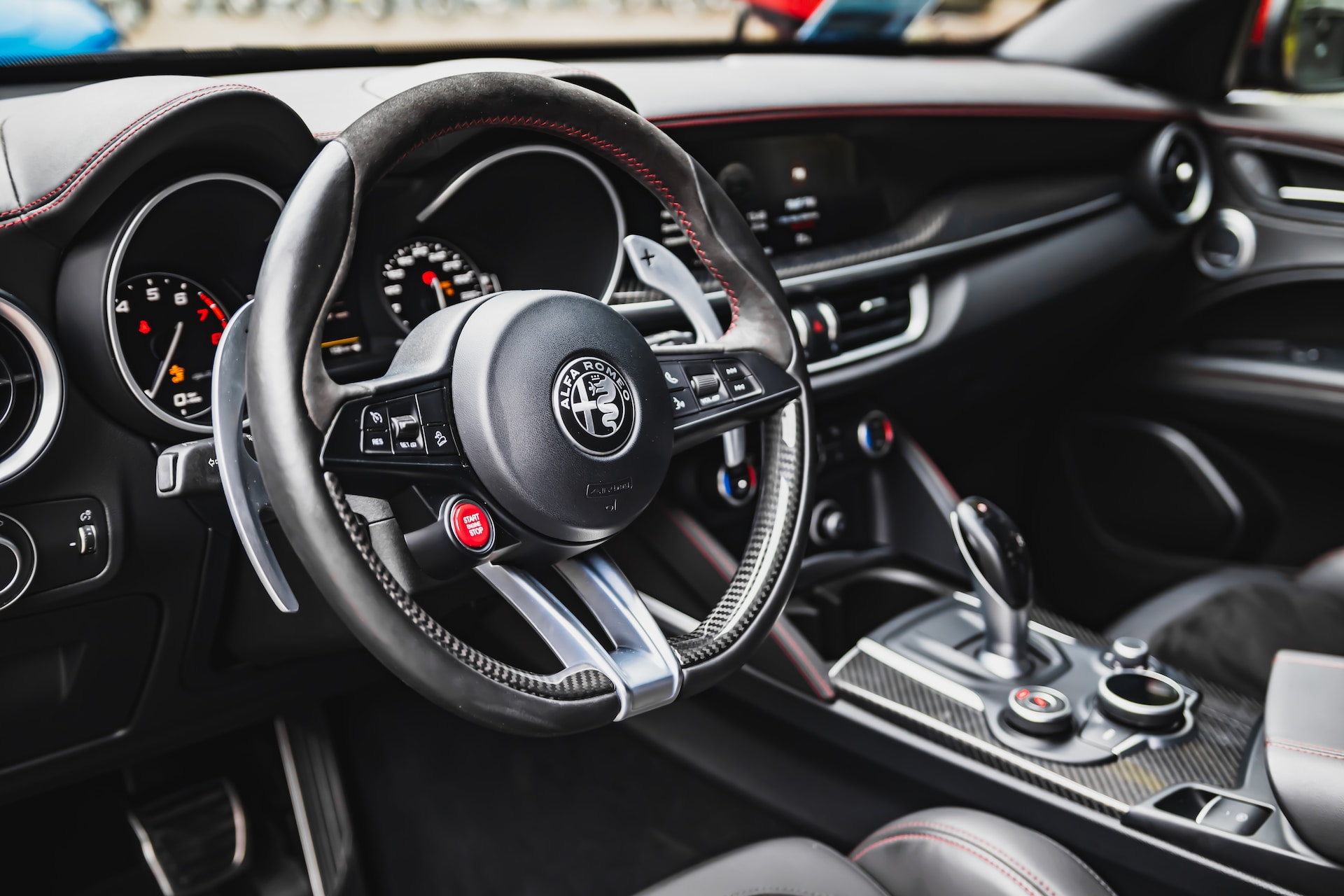Introduction
The market for a used car in Tanzania is growing fast, driven by rising demand for reliable, fuel-efficient vehicles from Japan. For both businesses and individual buyers, Japanese imports offer a cost-effective way to access quality cars. With a clear regulatory framework and trusted exporters, Tanzania presents a strong opportunity for smart, profitable vehicle imports.
Why Tanzania Is a Booming Market for Used Cars
Tanzania has rapidly become one of the most attractive destinations for anyone looking to buy a used car in Tanzania, particularly vehicles imported from Japan. In the first eight months of 2024 alone, Tanzania imported 46,944 used cars from Japanese exporters, positioning it as the leading African market for Japanese used vehicles. This surge is driven by both business and individual buyers who are increasingly seeking affordable, high-quality cars that combine reliability with fuel efficiency.
For people investing in a used car in Tanzania, the benefits are clear:
- Cost Savings for Businesses: Investing in a used car in Tanzania allows companies to expand fleets and improve operational efficiency without the high cost of new vehicles.
- Affordable Options for Individuals: Buyers gain access to modern, well-maintained Japanese cars at a fraction of the price of new models.
- Growing Market & Sustainability: Rising demand reflects a regional shift toward budget-conscious and sustainable vehicle ownership.
- Reliable Import Hub: Tanzania continues to strengthen its position as a hub for trusted, high-quality Japanese used cars, with more exporters entering the market.
Understanding Tanzania’s Import Landscape
1. Regulatory Framework & Taxation
Importing a used car in Tanzania involves navigating a clear but detailed set of rules. There’s no strict age limit for used vehicles, but cars older than eight years carry higher excise duties.
Key charges include:
- Import Duty: ~25% of CIF (Cost, Insurance, Freight) value
- VAT: 18%–20%, depending on the source
- Excise Duty: Based on engine size and vehicle age.
- Age‑based Duty: Over‑eight-year vehicles may see 15%–30% extra.
These layered taxes mean businesses and individual buyers must budget carefully—but when handled correctly, importing a used car in Tanzania can be cost-effective compared to buying new.
2. Logistics & Documentation
- Port of Entry: The Port of Dar es Salaam is the primary arrival point for Japanese used cars.
- Inspection Required: All vehicles typically need a JEVIC (Japan Export Vehicle Inspection Center) certificate before shipping.
- Shipping Method: Roll-on/Roll-off (RoRo) vessels are commonly used.
- Documentation: You’ll need a bill of lading, export certificate, pro forma invoice, and inspection certificate.
Why Japanese Used Cars Are Popular in Tanzania
Japanese cars are trusted worldwide for their reliability and fuel efficiency, and the Tanzanian market is no exception. For anyone importing a used car in Tanzania, these vehicles offer excellent value due to their long lifespan, low maintenance costs, and consistent performance.
Several factors make Japanese imports particularly appealing:
- Well-Maintained History: Cars from Japan often have detailed service records thanks to strict maintenance practices.
- Accessible Parts & Expertise: Spare parts are readily available, and local mechanics are familiar with Japanese models.
- Built for Tough Roads: Designed to last, these cars handle varied terrains and the rigors of everyday driving with ease.
Working with experienced exporters like the UFS AUTO ensures that buyers receive vehicles that meet high standards before shipping. This means Tanzanians importing a Japanese car can enjoy peace of mind, reliability, and excellent fuel efficiency qualities that keep these vehicles in demand.
How to Safely Import a Used Car in Tanzania
Step 1: Choose a Trusted Exporter
An importer should partner with a reputable exporter that offers transparent vehicle inspection reports, auction-grade documentation, and reliable shipping. For many international buyers, this level of transparency is key.
Step 2: Verify Compliance
Ensure the vehicle has passed JEVIC inspection or equivalent pre-shipment checks. Double check that documentation (bill of lading, export certificate) is complete before shipping. For Tanzanian customs, correct paperwork can dramatically reduce delays.
Step 3: Calculate Costs
Beyond CIF price, factor in:
- Import duty, VAT, and excise taxes based on age and engine capacity
- Railway Development Levy (RDL): 2% of CIF value
- Destination inspection and port-handling fees
- Registration and roadworthiness checks post-clearance
Step 4: Plan for After-Sales
Secure a local service partner or make sure your exporter has a network in Tanzania. This will help with maintenance, parts, and any repair needs especially if you’re investing in multiple vehicles for business use.
Growth Potential in the Used Car Market in Tanzania
For business buyers like transport operators, SMEs, or fleet managers, importing a used car in Tanzania offers clear advantages. Japanese imports provide durable, cost-effective options that can boost operational efficiency and ROI. Looking ahead, several trends are shaping the market:
- Fuel Efficiency & Hybrid Models: Businesses are increasingly seeking Japanese cars that save on fuel and offer environmentally friendly options.
- Evolving Regulations: Stricter import and environmental checks are influencing buyer decisions and vehicle selection.
- Improved Shipping & Logistics: Faster delivery times make it easier to plan fleet expansions or resale operations.
- Digital Platforms & Transparency: Online tools allow buyers to compare used car in Tanzania listings and make informed choices.
Experienced exporters are adapting to these trends by refining inspection standards, expanding supply chains, and enhancing pre-shipment transparency. This ensures that Tanzanian buyers can confidently access reliable Japanese vehicles.
Conclusion
If you’re looking to import a used car in Tanzania, the market is ripe with opportunity for both business and individual buyers. With clear regulations, strong demand, and reliable supply channels from Japan, the potential is significant.
By choosing trusted partners, understanding import duties, and planning for long-term maintenance, you can leverage this booming trade effectively. For international buyers seeking quality Japanese vehicles, UFS Auto exemplifies the integrity and transparency needed to navigate this market successfully bringing peace of mind, value, and dependable mobility to Tanzania and beyond.










